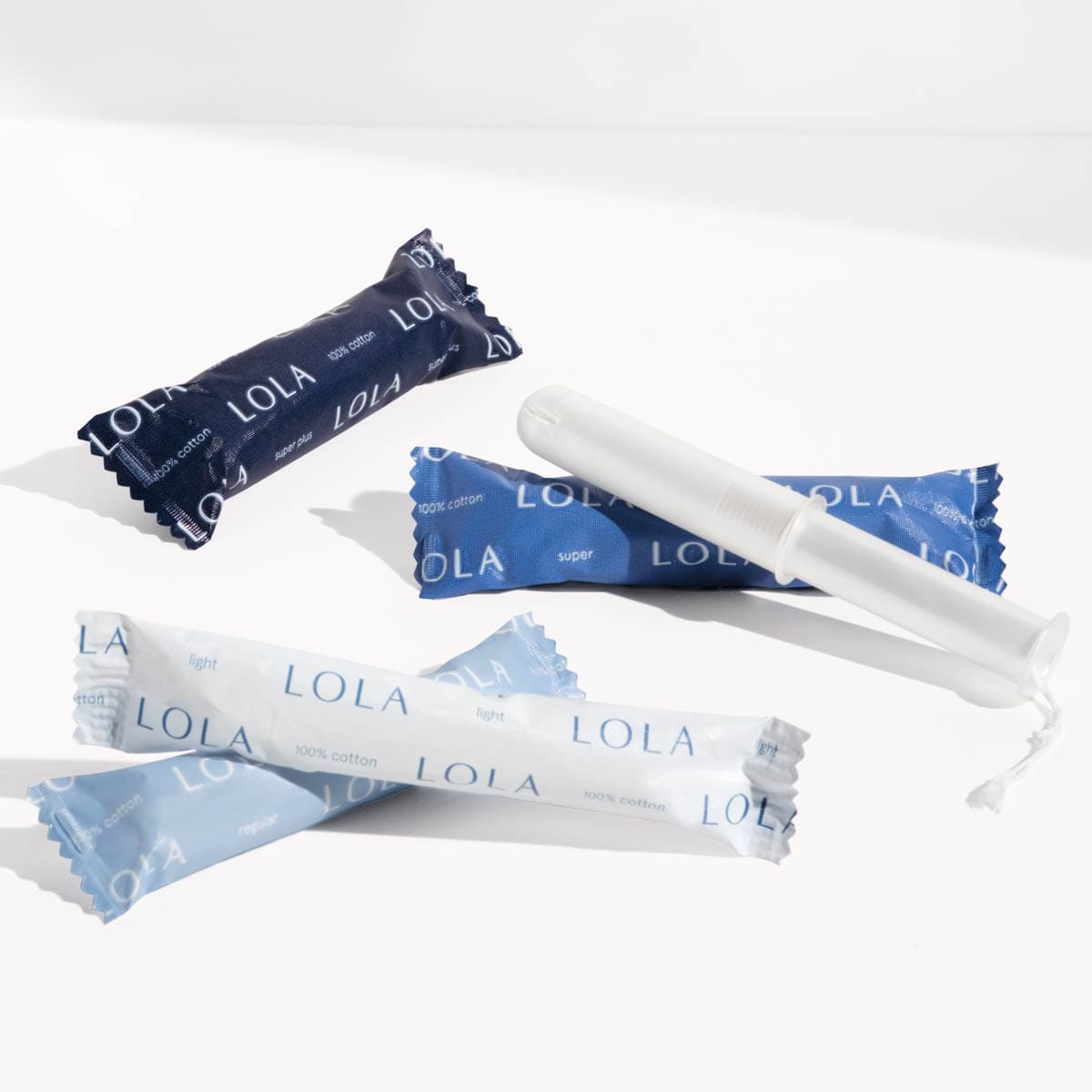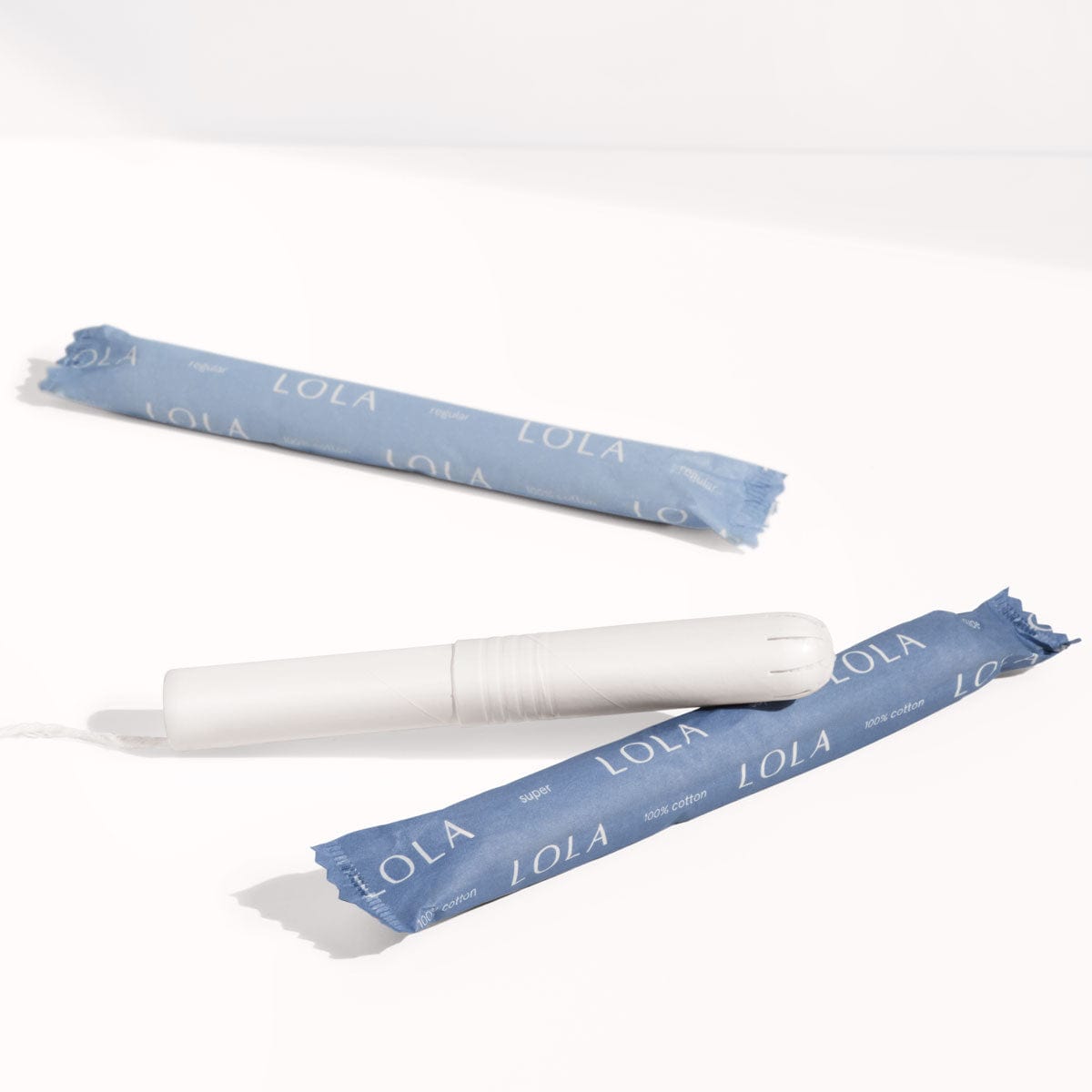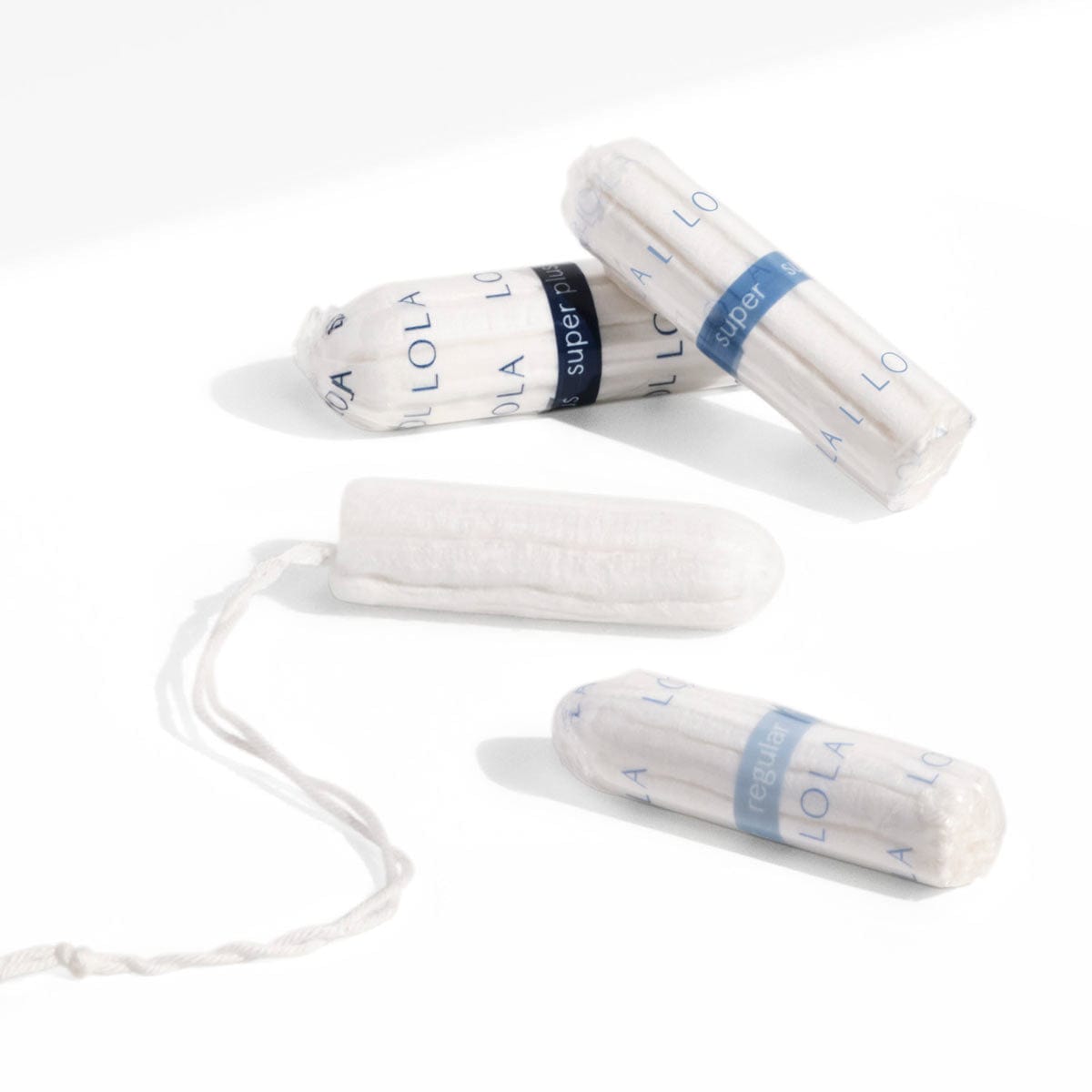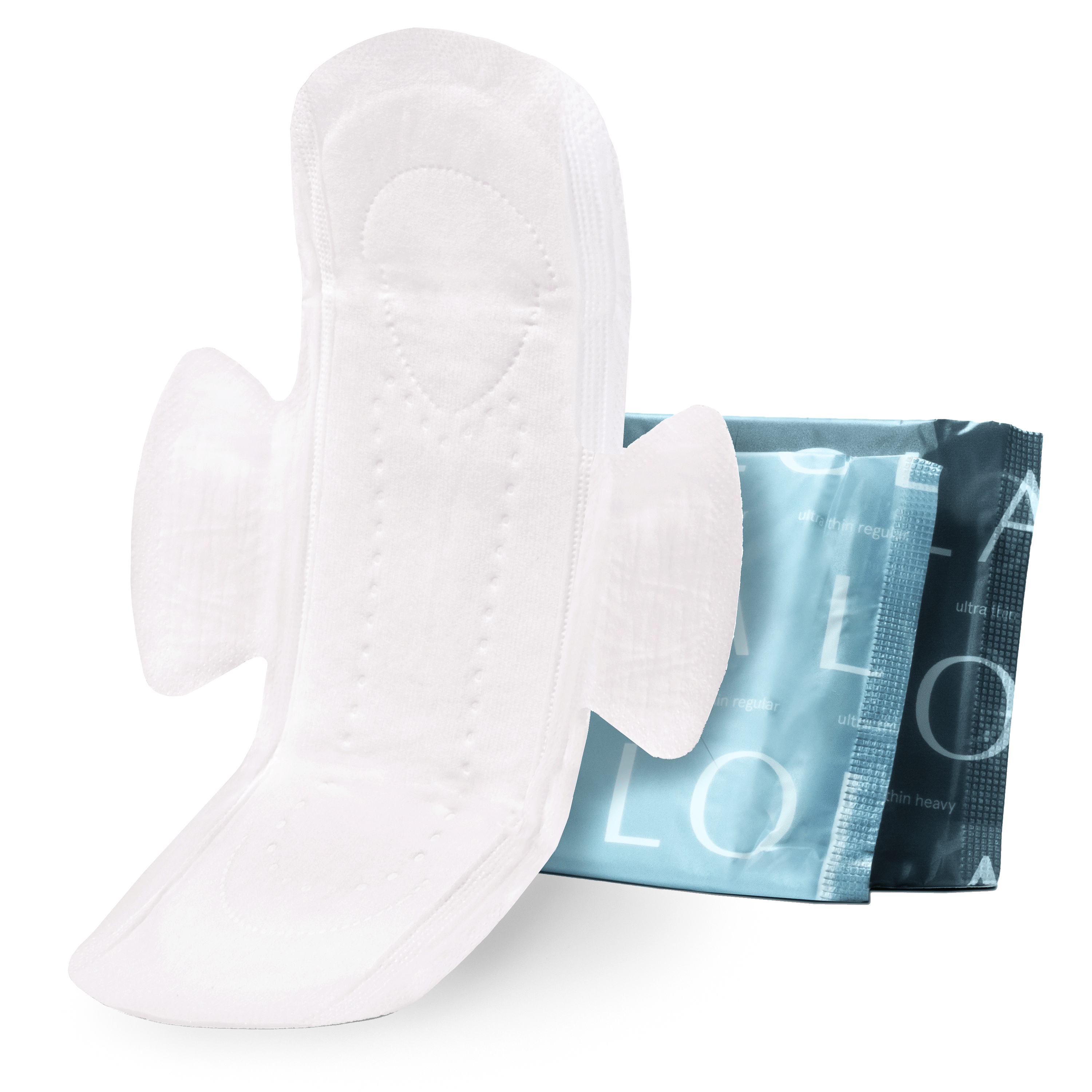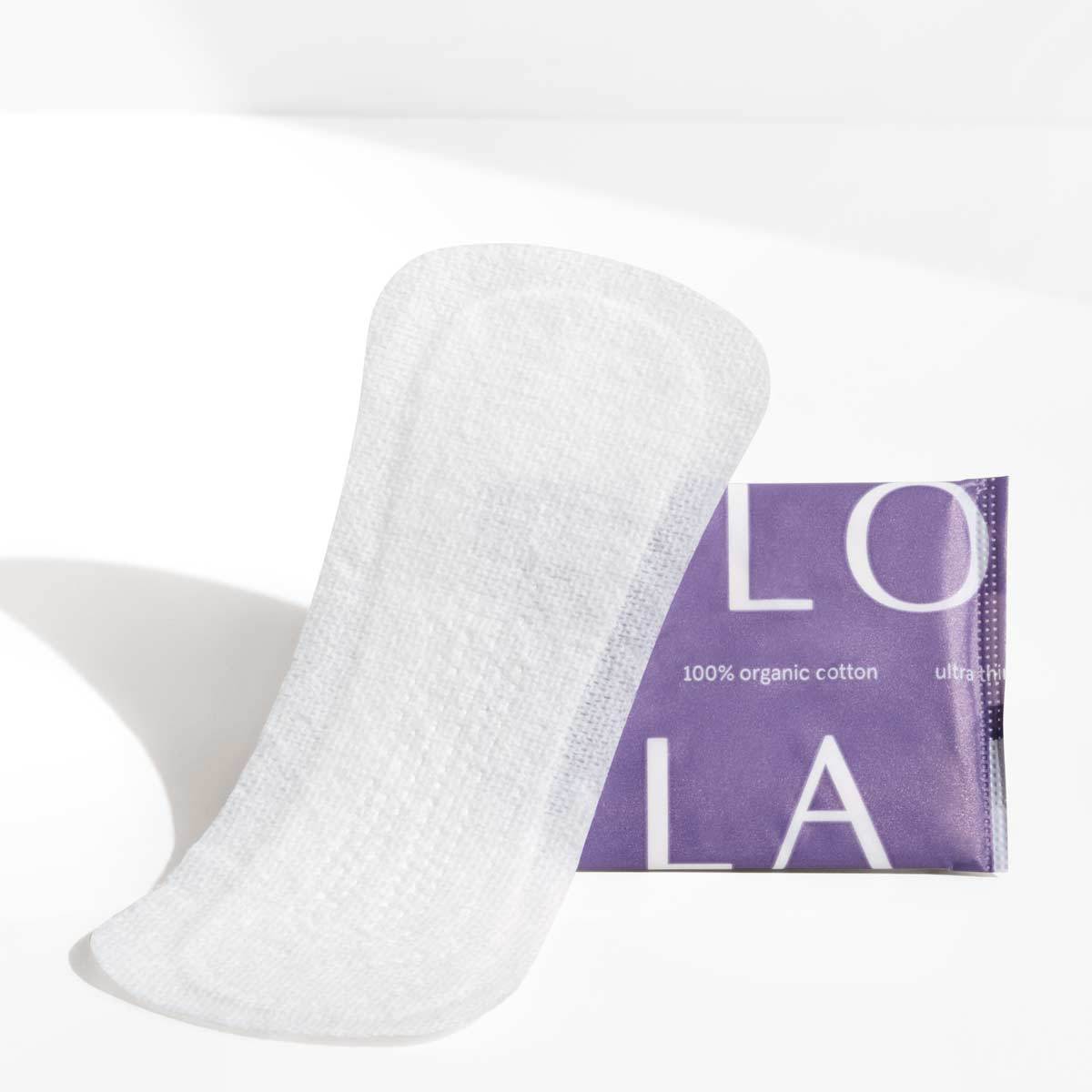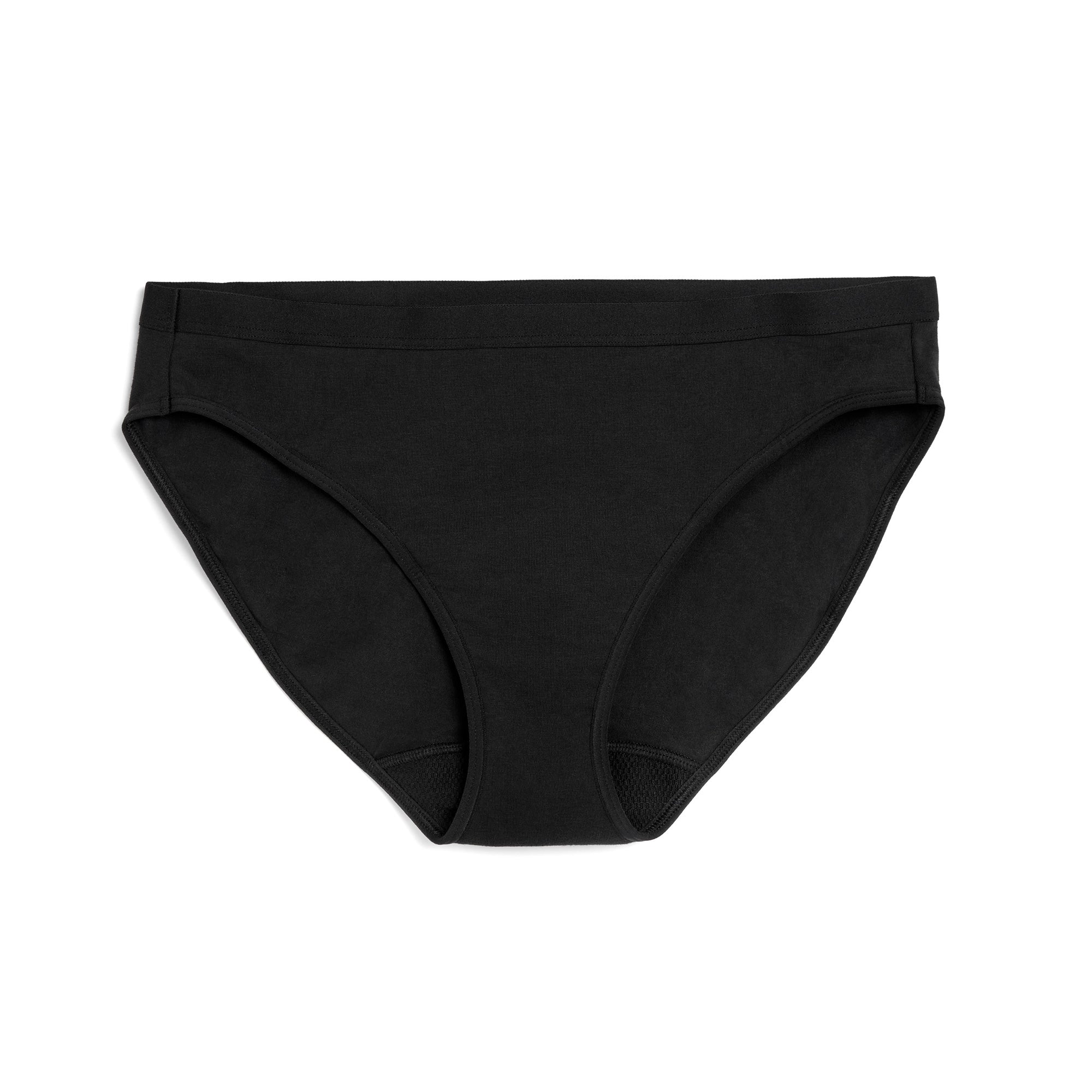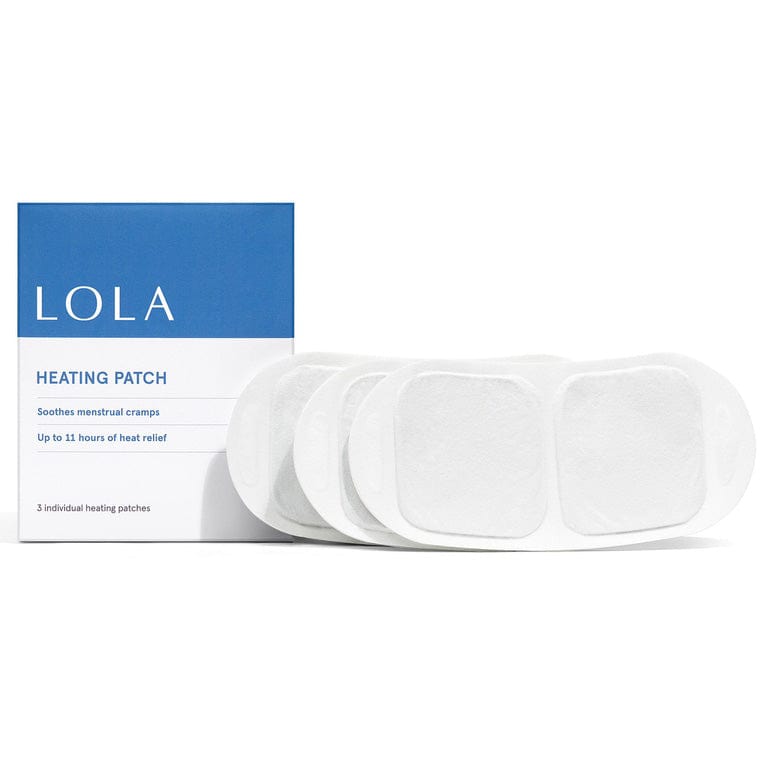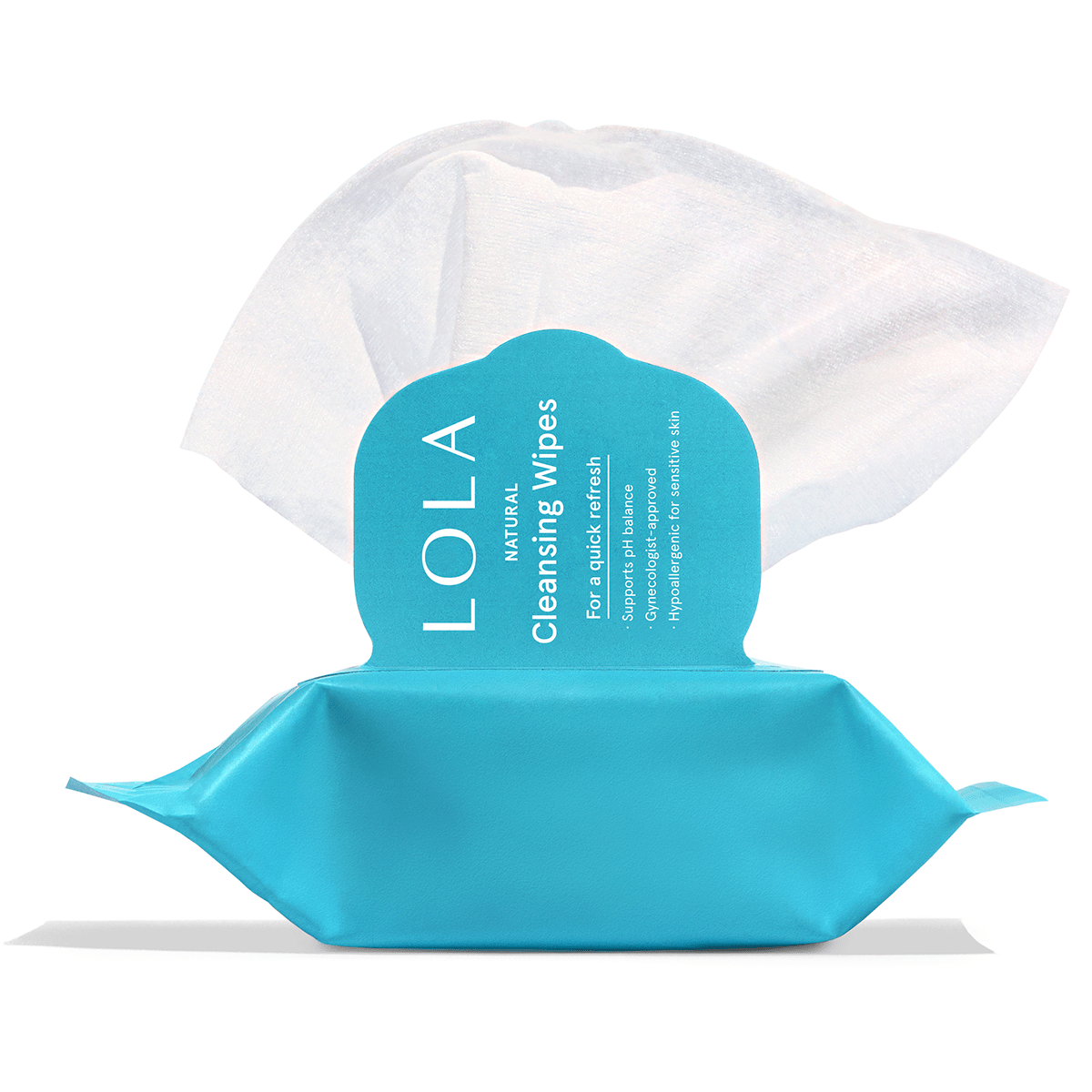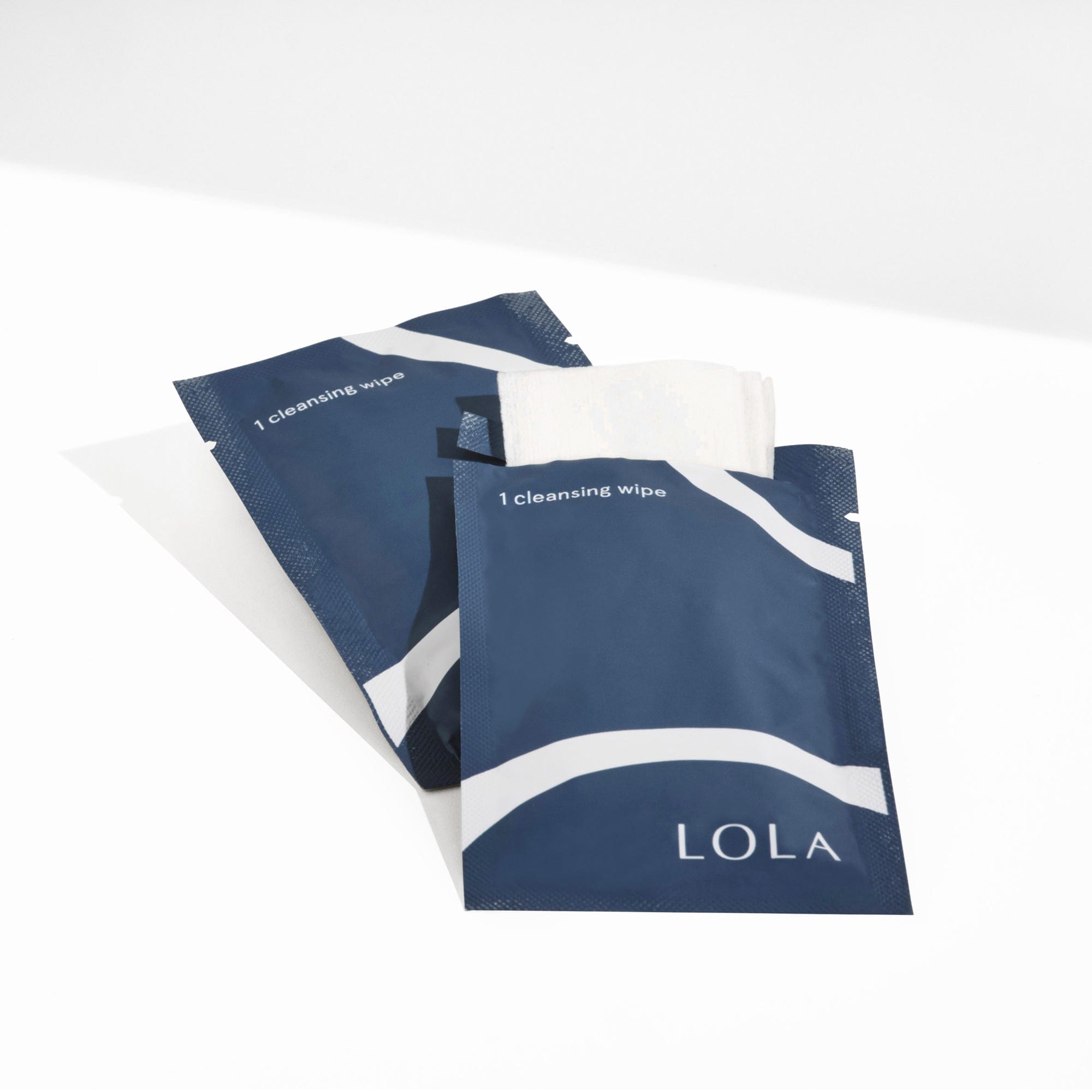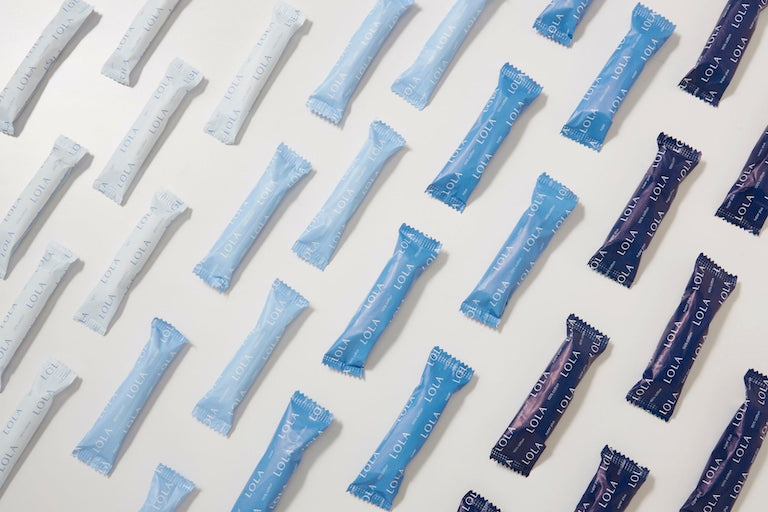Last week I watched Michigan's House Tax Policy Committee discuss their concern for the health and safety of business owners. They're considering a bill to remove the sales tax on PPE, including plexiglass, retroactive to March.
While I applaud and even support this, especially for small, vulnerable businesses, I wonder about the employee who can't leave her house safely and healthfully without a pad or tampon while she's on her period. Menstrual products are medical necessities she has to buy herself"not something supplied to her by her employer"and then, of course, pay taxes on to the state of Michigan.
Despite budgets slashed by the COVID recession, states across the country are understandably considering ways to help the worst off of their citizens.
The easiest and cheapest measure for 30 states right now would be eliminating their most regressive tax.
Sales taxes on consumer products have always been considered the most regressive of all taxes. A sales tax that disproportionately impacts the lowest income and most impoverished segment of the population especially during COVID "i.e. women" and applies to goods that are medically necessary every month for this group is uniquely punitive and shameful.
(Wealthier women buy menstrual products, but frequently pay less because they're able to buy them in bulk. The most expensive tampons and pads are sold in small numbers, which is how the cash-strapped are forced to purchase them. Note, too, that menstrual product users who may not identify as women "members of the LGBTQ community" also experience disproportionate poverty.)
The fact that the tampon tax is the most regressive tax in the US is not why my organization sued Michigan last month, however. Our class action lawsuit, claiming close to $30 million in sales tax refunds is based on the argument that menstruation-related discrimination is sex discrimination. The tampon tax targets a bodily function associated with women for less favorable treatment and therefore violates the Equal Protection clauses of the US and state constitutions.
When I first noticed the tampon tax over 30 years ago "upon learning that the chapstick I purchased was exempt because it had a "medicinal" purpose, but not the tampons"I was confounded that it was ever permitted to begin with.
I'm not alone. Year after year I observe people of every background and ideology express surprise about the tampon tax. Year after year, state legislators gain praise from constituents for proposing bills to eliminate it. This past year, 21 states introduced bills and 5 actually passed them. No one has gone on record opposing removal of the tampon tax.
So why does it still exist?
Barack Obama learned about the tampon tax while president in a 2016 interview. (He too was surprised.) His explanation: "I suspect it's because men were making the laws when those taxes were passed." The implication is that the tampon tax will become history when the balance of power changes.
Well, in at least three states right now, it has, which is why I wish to call out three women who have the authority to remove the tampon tax in their states today:
In Michigan, Governor Gretchen Whitmer (her state's first female Democratic leader and second female governor) has the authority to cease imposing the tampon tax via a Treasury-issued Revenue Administrative Bulletin declaring the tax unconstitutional, as we allege in our Michigan lawsuit.
In Maine, Governor Janet Mills (the state's first female governor) can sign a bill that passed both chambers last year"the people have spoken!"and make the tampon tax history.
Finally, in Vermont, where there is widespread, bipartisan support for removal of the tampon tax, the chair of the House Committee on Ways and Means (and first woman in this position)"Janet Ancel"can simply move the bill to a vote. It will pass.
When my organization Period Equity formed in 2016 (with the filing of a lawsuit that successfully dismantled New York's tampon tax), there were 40 states blithely taxing women in excess of billions of dollars. Today there are 30. Tomorrow there can easily be 27.
Enough is enough. By next year there should be zero.
Laura Strausfeld is co-founder of Period Equity, a law and policy organization dedicated to ensuring that menstruation does not pose a barrier to civic engagement and democratic participation. She is also a founding member of Tax Free. Period. and a member of the LOLA Collective.
